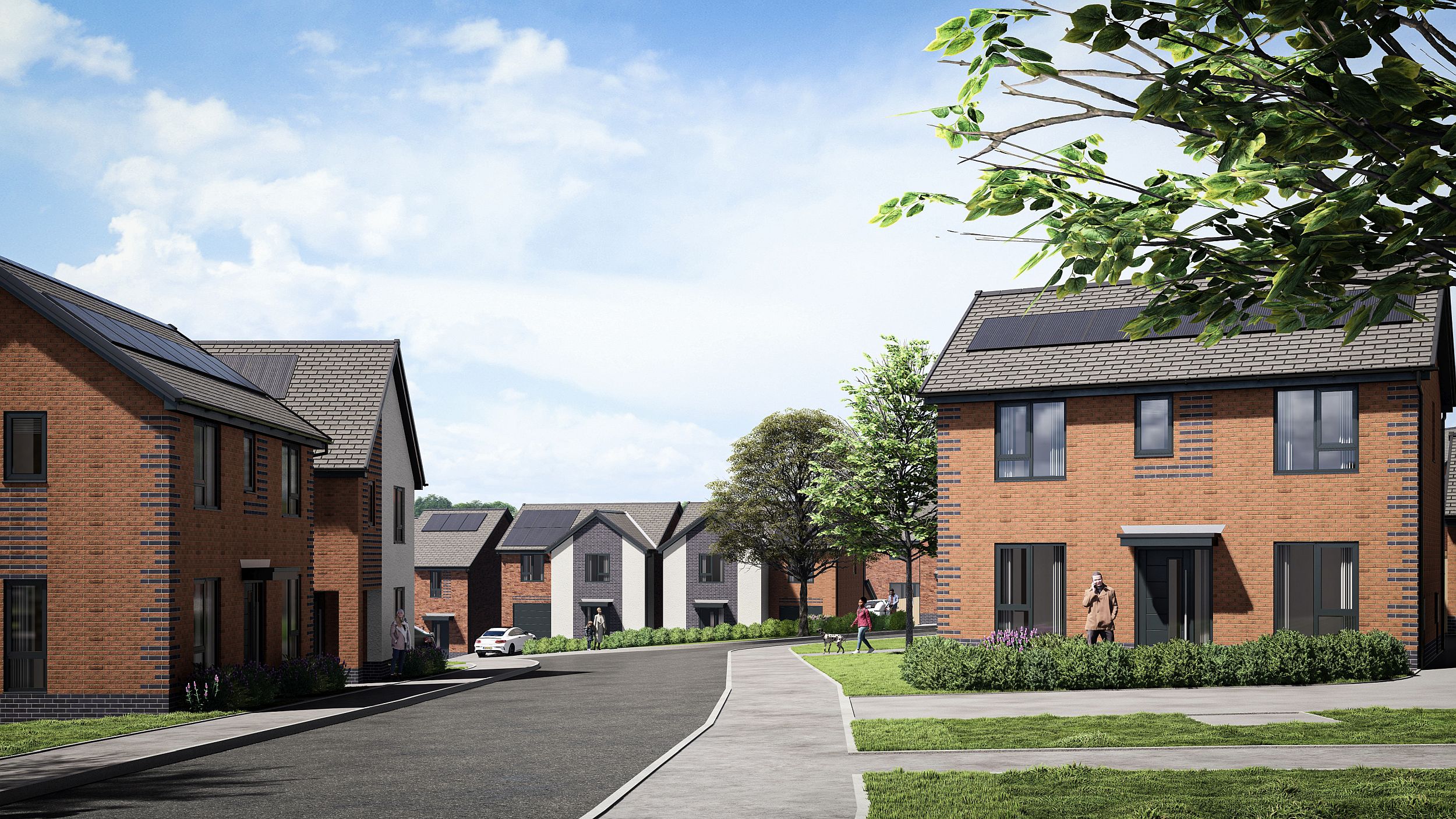Green belt — Unauthorised development — Defendants occupying appeal site in breach of planning control — Claimants accepting defendants’ gypsy status under revised definition — Defendants living on site and running scrap-metal business — Planning applications refused — Claimants seeking injunction to remove caravans and vehicles — Whether appropriate to grant injunction — Application granted
The appeal site was situated in the metropolitan green belt. The first defendant had lived on the site for over 30 years. In 1999, his son, the second defendant, moved onto the site with his family.
Over the years, the claimant local planning authority had refused the defendants’ numerous planning applications and had issued enforcement notices. The defendants had made a number of unsuccessful appeals, including an application to the European Court of Human Rights. The appellants had consistently held that there were no “very special circumstances” justifying the grant of permission within the green belt.
The claimants decided to apply for an injunction, pursuant to section 187B of the Town and Country Planning Act 1990, requiring the defendants to remove their caravans and vehicles from the site and restraining them from using the land for residential purposes.
The first defendant’s claim to be a gypsy had been challenged by the claimants since at least 1994, when an inspector had found that he had not led a nomadic life for many years. However, the defendants’ gypsy status was accepted for the purposes of the present application following the redefinition of “gypsy” in a government circular of 6 February 2006. As a result of that circular, the defendants had made a fresh application for planning permission.
Held: The application was granted.
An injunction would be granted but its operation would be suspended until after the determination of the defendants’ current planning application and any necessary appeal. The need to remove the caravans from the site was not so urgent and pressing as to require the injunction to proceed in advance of the final determination of that application.
The court was satisfied that, but for the planning application, it would be appropriate to grant an injunction in the light of the history of the site, the previous planning decisions, the unlawfulness of the defendants’ continued occupation of the site and the public interest in enforcing planning control.
However, those factors had to be weighed against the degree of hardship that the operation of the injunction would cause to the defendants and their families. If the injunction were to take effect before the determination of the planning application, it would be a disproportionate response to the need to safeguard the environment.
Moreover, despite the long and consistent history of refusals of planning permissions, it could not be said that the defendants’ position was now hopeless: see South Bucks District Council (No 2) v Porter [2004] UKHL 33; [2004] 4 PLR 50 considered.
Simon Bird (instructed by Sharpe Pritchard, acting as London agent for South Bucks District Council) appeared for the claimants; Marc Willers (instructed by South West Law, of Bristol) appeared for the defendants.
Eileen O’Grady, barrister








